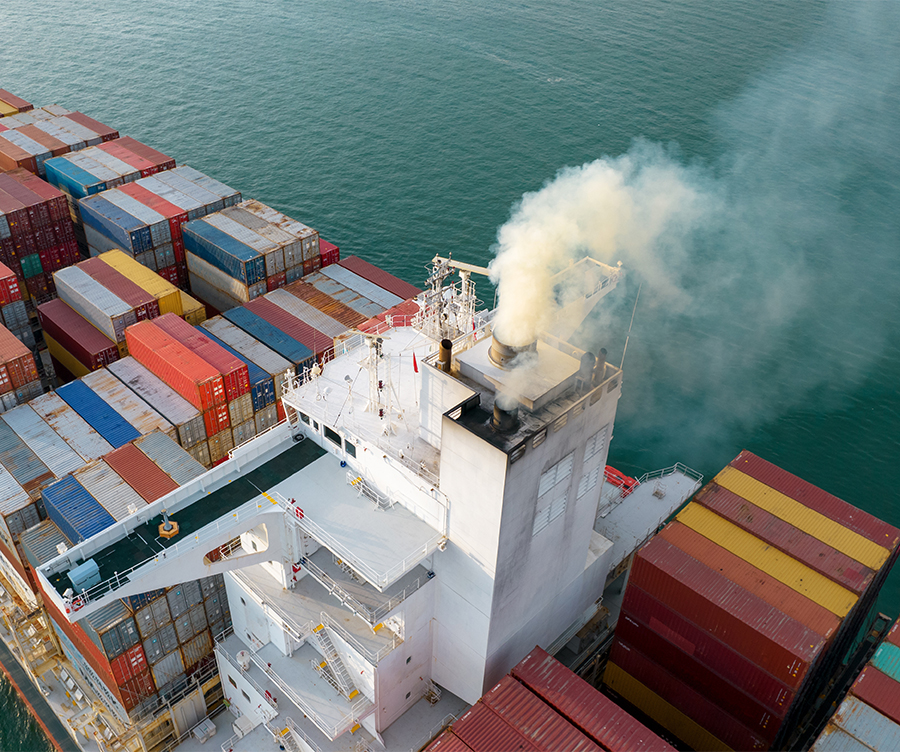Vessel tracking and screening company Pole Star is expanding its focus on ESG in maritime trade with the acquisition of Vasanda, a London-based technology startup that specialises in sustainability risk assessments of commodity transactions.
Pole Star, which has traditionally focused on sanctions risks within maritime trade, says the acquisition will let customers carry out pre-trade sustainability risk screening of vessels and transactions.
Vasanda’s EcoSphere product offers real-time monitoring of climate impact data, including risks around deforestation, soil erosion and fire, and assesses environmental degradation in commodity value chains, Pole Star says.
That offering will be coupled with Pole Star’s existing PurpleTRAC solution, which monitors the risk vessels are falling foul of international trade sanctions, Pole Star adds, giving a “360-degree view of regulatory and sustainability risk relating to any actively traded commodity”.
Vasanda acting chief executive Philip Lilliefelth says the partnership “has come just at the right time for banks, lenders and companies engaged in the international trade finance supply chain”.
“All around the globe, regulators and investors are intensely concerned about the environmental and social impact of the commodity industry,” he says.
Julian Longson, managing director of Pole Star, adds: “As our climate emergency worsens, there is an immediate need for greater transparency and accountability across the supply chain, particularly in the maritime industry.”
Pole Star has increasingly incorporated a focus on sustainability into its vessel screening services.
In December last year, it partnered with CarbonChain to track individual vessels’ greenhouse gas emissions, warning that some ships’ carbon emissions are five times higher than other similar vessels.
The International Maritime Organization suggested in 2014 that maritime transport accounts for around 2.5% of global greenhouse gas emissions.
The acquisition, which sees Pole Star take a controlling stake in Vasanda, also follows an injection of private equity funding in April. Longson said at the time the investment could be used to support acquisition as well as organic growth.
Longson also said that tracking vessels’ sustainability credentials could ultimately result in favourable financing terms to those demonstrating good ESG standards.
“If the carbon rating or polluter status of a ship can be tracked and compared to its peer group, the institution concerned can potentially be a few basis points better off in terms of working capital and finance packages they receive from the banks,” he told GTR at the time.







